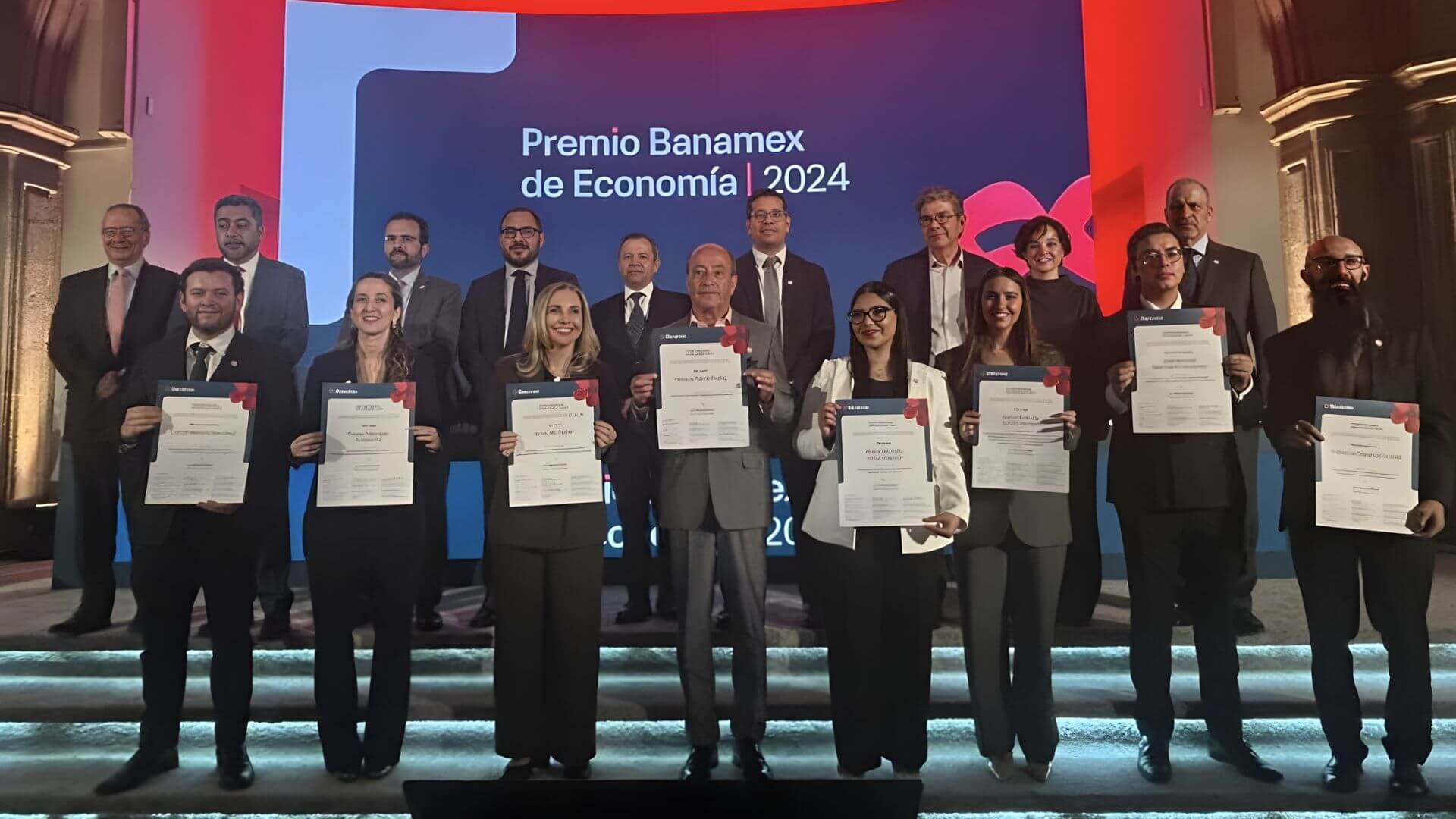
Distinguished University Professor Peter Reuter of the University of Maryland School of Public Policy and the Department of Criminology serves as a co-Principal Investigator on a special research project that was awarded a $1 million grant by the National Science Foundation (NSF). This grant will be spread over four years to allow scholars to spend time studying illegal opioid supply networks.
“The scientific objective of this proposal is to advance the state of the art in terms of general theories of illegal markets which are supplied by illegal networks. The practical objective is to save lives by improving understanding of the dynamics of illegally supplied synthetic opioids and identify opportunities for disruption,” says Reuter.
Opioids, a class of drugs that provide pain relief, are responsible for the majority of overdose deaths in the U.S. The most dangerous of these drugs is fentanyl, a synthetic opioid that was discovered more than sixty years ago and was approved for medical use in the U.S. in 1968. It is up to 50 times stronger than heroin and 100 times stronger than morphine. Since 2014, fentanyl has wreaked havoc in illegal drug markets, leaving a trail of death and devastation in its wake. It was responsible for over 70,000 fatal overdoses in the U.S. in 2021 alone.
Overdose rates are strikingly uneven across the country. In 2019, Ohio and West Virginia saw overdose rates of more than 35 per 100,000 residents, Reuter explains, while in stark contrast the West Coast rates were less than 10 per 100,000. Part of the project research will examine why heroin dealers in only some states have taken up this synthetic drug, and why fentanyl has not become available in other rich countries with large heroin markets.
“The key here is exactly in the term ‘markets,’” acknowledges Reuter. “The fentanyl crisis is driven by dealers, though it is the users who suffer the consequences. There was no new demand for fentanyl; dealers found that they could substitute cheap fentanyl for expensive heroin and, in some markets, they did so.”
The fentanyl crisis is driven by dealers, though it is the users who suffer the consequences.Peter Reuter
Reuter continues, “This project aims to develop, both through empirical study and articulation of new theoretical frameworks, a better understanding of the factors that drive the spread of specific drugs. It will also examine other illegal markets to see whether more insights can be gained from comparisons.”
The Drug Policy Research Center (DPRC) at the RAND Corporation will be administering this project. The DPRC was founded by Reuter in 1989 to help public officials and community leaders develop a firm foundation for policymakers to address drug problems and related concerns.
“To the best of our knowledge, this is literally the first grant from NSF, the lead federal agency for theoretical research, aimed at understanding how illegal markets operate. It is an opportunity to fill a major gap not just for controlling drug problems but for other markets like those for protected species and human smuggling,” asserts Reuter.
It is an opportunity to fill a major gap not just for controlling drug problems but for other markets like those for protected species and human smuggling,Peter Reuter
Beau Kilmer, the McCauley Chair in Drug Policy Innovation, co-director of the DPRC, and a senior policy researcher at the RAND Corporation is the primary project investigator. Along with Reuter, the other co-PI is Jonathan Caulkins, the H. Guyford Stever University Professor of Operations Research and Public Policy at the Heinz School at Carnegie-Mellon University.



